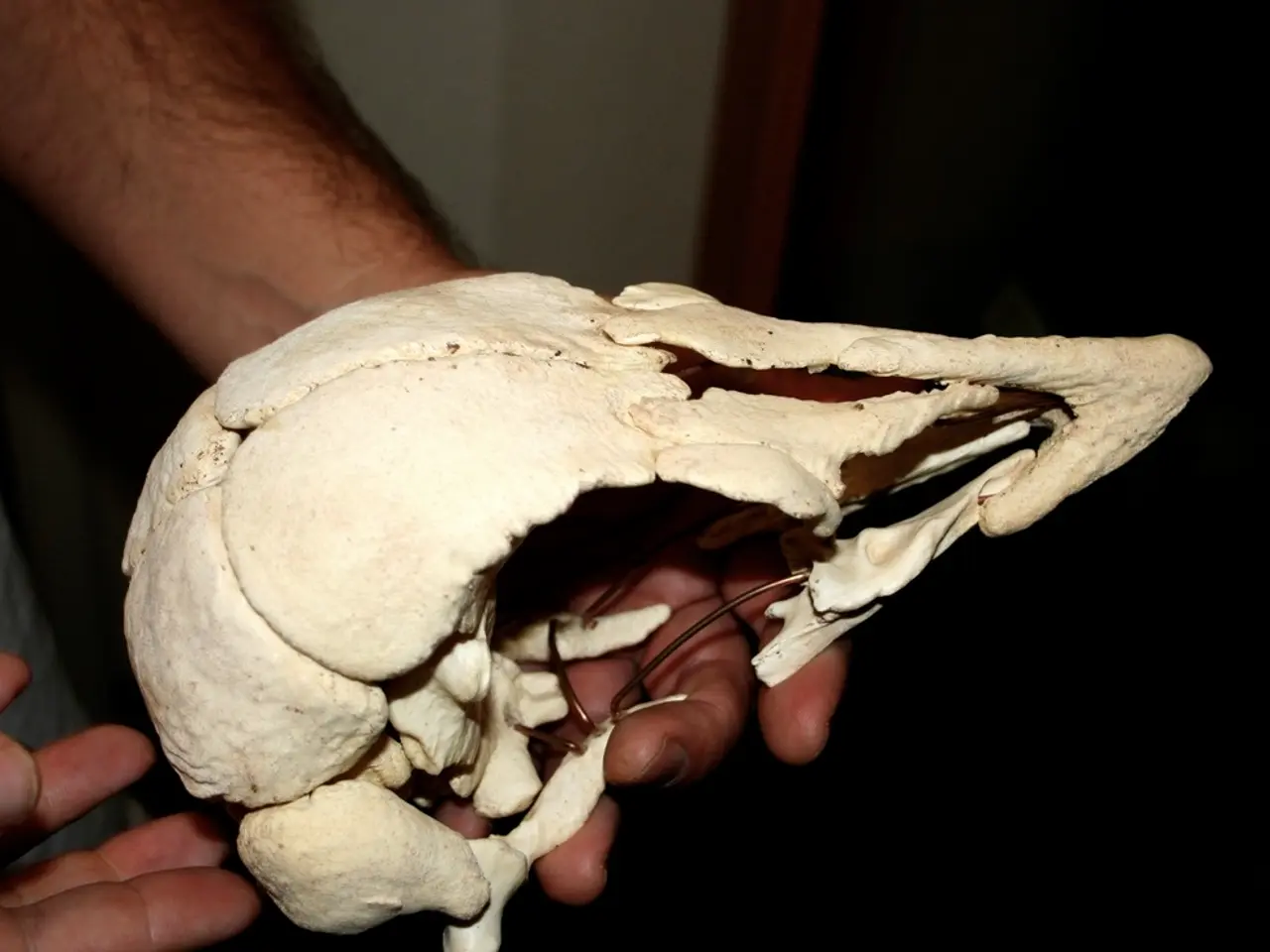Apert Syndrome: An Overview of a Genetic Disorder Affecting Bone Growth and Development
In recent years, the medical community has made significant strides in managing Apert Syndrome, a rare genetic disorder characterised by the premature fusion of certain skull bones and resulting in physical abnormalities such as distinctive facial characteristics, syndactyly (fusion of fingers and toes), and potential cognitive challenges.
The latest advancements in Apert Syndrome treatment focus on a multidisciplinary and staged surgical approach beginning in infancy, alongside supportive therapies to optimise function and quality of life.
At the heart of this approach lies a series of staged surgeries starting in infancy. The initial craniotomy addresses skull deformities, correcting craniosynostosis (premature fusion of skull bones) and improving brain development space, as well as reshaping the face.
This comprehensive treatment encompasses not only reconstructive surgery but also dental care, hearing support, airway management, and physical therapy to restore function. This multidisciplinary care ensures that the broad effects of the syndrome on the skull, face, hands, and feet are addressed effectively.
New insights highlight the importance of specialized anesthetic care in pediatric patients with Apert syndrome undergoing craniosynostosis repair due to risks such as hypothermia and airway complications.
Advanced treatment is often provided at dedicated craniofacial centers with nationally recognized multidisciplinary teams. The Cranial and Facial Clinic at El Paso Children's Hospital, for instance, offers state-of-the-art surgical and supportive care in a family-centered environment.
Recent studies emphasize the need to adapt surgical strategies to optimize outcomes where resources are limited. This might involve modifying the timing or extent of surgical interventions while maintaining efficacy.
Regular medical check-ups are essential for monitoring growth and development in individuals with Apert Syndrome, allowing for timely interventions. Early diagnosis and intervention can greatly improve the quality of life for those affected.
Educational resources, such as books, articles, webinars, and workshops, can help families and educators better understand Apert Syndrome and advocate for affected individuals. Apert Syndrome affects both males and females equally and can be found in individuals from all ethnic backgrounds.
Individuals with Apert Syndrome may also face other health challenges, including hearing loss, vision problems, and cardiac defects. Emotional and psychological support is crucial for these individuals and their families, including counseling services and support groups.
Children with Apert Syndrome may require special educational support to thrive in school settings, such as Individualized Education Plans (IEPs) and a supportive learning environment. Some individuals with Apert Syndrome may experience developmental delays or learning difficulties.
Genetic testing can provide valuable insights for families affected by Apert Syndrome, including confirming the diagnosis, identifying specific mutations, and understanding the risk of passing the condition to future children.
The genetic mutation responsible for Apert Syndrome typically occurs in the FGFR2 or FGFR1 genes. Apert Syndrome is estimated to occur in approximately 1 in 65,000 to 1 in 88,000 live births. It is usually spontaneous, meaning it occurs randomly and is not inherited from parents.
Pediatric specialists with experience in craniofacial disorders, multidisciplinary teams, and telehealth services are valuable resources for accessing specialized medical care for Apert Syndrome. Syndactyly, where fingers and toes are fused together, is a hallmark feature of Apert Syndrome.
Organisations such as the Craniofacial Foundation of America, Face Equality International, and local support groups provide support for individuals and families affected by craniofacial conditions, including Apert Syndrome.
In summary, the latest advances in Apert Syndrome focus on early, staged surgical correction combined with supportive therapies and specialized perioperative care in multidisciplinary settings to manage the complex manifestations of the disorder effectively. Research and clinical practice also underscore adapting treatment protocols for different resource environments to improve accessibility and outcomes.
The comprehensive treatment for Apert Syndrome involves not only staged surgeries, but also specialized educational resources and multidisciplinary care for managing various medical conditions such as hearing loss, vision problems, and cardiac defects, ensuring overall health and wellness. Ongoing support in the form of counseling services, support groups, and educational accommodations is crucial for the emotional and psychological well-being of individuals with Apert Syndrome and their families.




